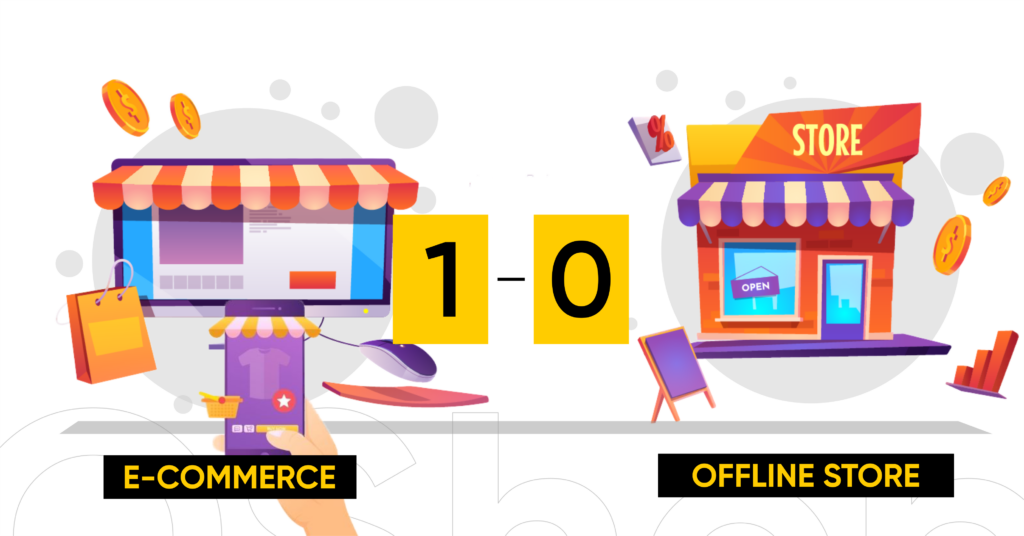How to Market your Business with E-commerce
It is normal to wonder why your business needs e-commerce. After all, buying products offline seems like a natural way to purchase goods; who wants to browse through hundreds of listings when they could stop by their local store and check out what’s available? If you’re reading this now, you know that things have changed. Thanks to the rise in online shopping, most people no longer have the time or access to physical shops. You see, not only are brick-and-mortar stores more expensive than e-commerce sites, but they’re also harder to access.
On top of that, with so many different retailers offering similar goods at low prices, it becomes harder for consumers to differentiate between brands. And since every competitor expects you to spend money on advertising to get noticed, there are fewer places where you can advertise your business without getting slammed with counter offers. That said, businesses with e-commerce websites can still compete against their competitors with effective marketing strategies and landing pages instead of spending thousands on paid ads.

What is E-commerce Marketing?
E-commerce is any method of selling goods or services on the internet. So, when we mention e-commerce marketing, we are referring to how a business uses digital channels to promote its goods or services. A business might use social media for marketing its products or employ the services of an e-commerce platform to process orders. E-commerce marketing is crucial for small and large businesses, depending on the market they’re looking to reach. If you’re trying to attract new customers and boost sales, connecting with your customers on multiple digital platforms is essential.
Why Do You Need E-commerce in Marketing?
After acquiring an online store, the next logical step is figuring out how to maximize its potential—integrating your e-commerce website with your marketing strategy, which helps you get the most out of each channel.

For example, if your target customers are mainly women around the ages of 25 to 35, you can use social media to promote your products and link them with other channels like paid ads and email marketing, boosting sales. If you’re planning to expand your business into a new market, you must reach out to potential customers and tell them about your products. Google search, paid ads, and social media are great places to start. To ensure your marketing approach is effective, you can also analyze your sales data and identify the problems that need to be solved.
How to Integrate E-Commerce into Your Marketing Strategy
Before promoting your products online, try to identify your target customers. You can accomplish this by figuring out the personas behind your ideal customers. The more specific you are, the better your results will be. Once you have identified your customers, you can focus on creating content to attract their attention. Next, promoting your products across all relevant digital channels is essential. Depending on your business, you can use either organic or paid ads.

E-commerce is an excellent tool for growing your sales. With a well-integrated e-commerce platform, you can track your orders and analyze your sales data to identify the problems that need to be solved. If you find a particular product is selling poorly, you add other options to attract more customers.
E-commerce is also helpful for branding your company and creating a lasting impression on your customers. By getting an e-commerce store, you can also give your customers the impression that you have a more comprehensive range of products and are a more reputable brand.



Leave a Reply
You must be logged in to post a comment.